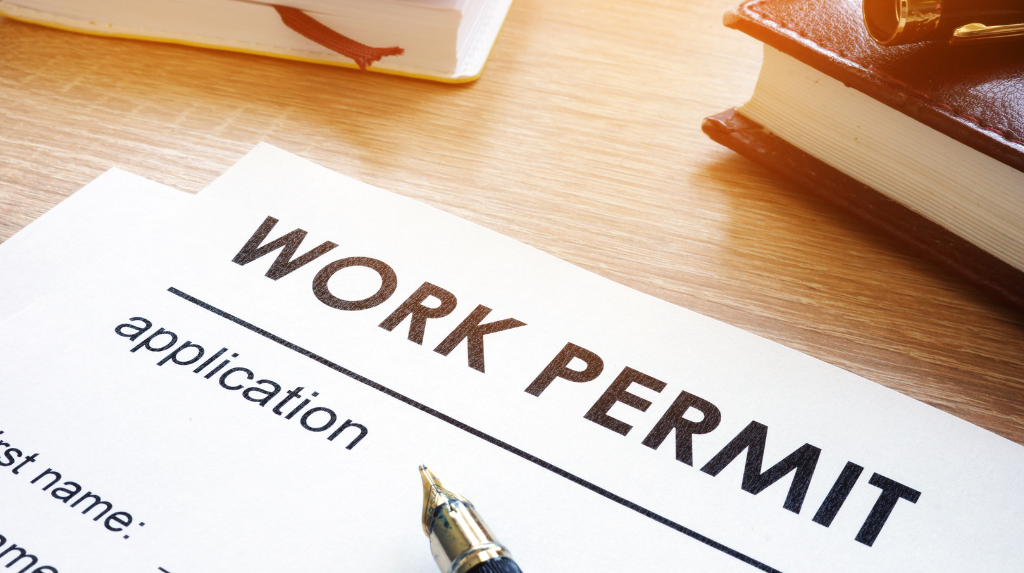Planning a trip to Italy and obtaining a visa is an exciting process, but it can be disheartening to face a visa refusal. If you have experienced a visa refusal for Italy, you may wonder if it is still possible to obtain a visa in the future. This article aims to address the question of whether you can get an Italy visa after visa refusal and provides guidance on the steps you can take to improve your chances.
Understanding Visa Refusal
Visa refusal occurs when your visa application is denied by the Italian authorities responsible for processing and assessing visa applications. It is essential to understand the specific reasons for your visa refusal to address them effectively.
Reasons for Visa Refusal
Several factors can contribute to visa refusal, including:
- Insufficient supporting documents
- Failure to meet the eligibility criteria
- Lack of proof of financial means to support your stay
- Concerns about the purpose of your visit or potential overstaying
- Inadequate travel medical insurance coverage
- Past immigration or legal issues
- Suspicions of document fraud or misrepresentation
Understanding the reasons for your visa refusal is crucial in determining the steps you need to take to overcome it.
Addressing the Reasons for Refusal
If you have experienced a visa refusal for Italy, it is essential to address the specific reasons for the refusal before reapplying. Consider the following steps:
Review the refusal letter: Carefully read the refusal letter provided by the Italian visa authorities. It will outline the grounds for refusal and provide insight into the areas that need improvement.
Rectify deficiencies: Identify any deficiencies in your previous application and take appropriate measures to rectify them. This may involve gathering additional supporting documents, providing further explanations, or addressing any inaccuracies or inconsistencies.
Strengthen your case: Take the necessary steps to strengthen your visa application. This may include providing comprehensive documentation, demonstrating strong ties to your home country, and addressing any concerns raised in the previous refusal.
Seek expert advice: If you find the visa application process complex or challenging, consider seeking advice from an immigration lawyer or visa specialist who can guide you through the process and provide valuable insights based on their expertise.
Reapplying for an Italy Visa
After experiencing a visa refusal for Italy, it is possible to reapply for a visa in the future. However, it is crucial to address the previous reasons for refusal and present a stronger case in your new application. Consider the following:
Thoroughly review the refusal letter: Understand the specific grounds for refusal outlined in the previous refusal letter.
Address the concerns: Take steps to address the concerns raised in the refusal letter by providing additional evidence, clarifications, or improvements in your application.
Provide comprehensive documentation: Ensure that you provide all the necessary supporting documents to establish your eligibility and credibility.
Demonstrate strong ties to your home country: Emphasise your strong ties to your home country, such as family, employment, or property ownership, to show your intention to return after your visit to Italy.
Craft a well-prepared application: Pay attention to detail and submit a thoroughly prepared application. Double-check all the information provided, including dates, names, and addresses, to avoid any inaccuracies or inconsistencies.
Seeking Professional Assistance
In complex cases or situations where you feel overwhelmed, it may be beneficial to seek legal assistance from an immigration lawyer who specialises in visa refusals. They can provide expert guidance, review your case, and help you navigate the reapplication process.
Frequently Asked Questions (FAQs)
Can I get an Italian visa after a visa refusal?
Yes, it is possible to get an Italian visa after a visa refusal. By addressing the reasons for refusal, rectifying any deficiencies, and presenting a stronger case in your reapplication, you can increase your chances of obtaining a visa.
How long should I wait before reapplying for a visa after a refusal?
The waiting period before reapplying for a visa after a refusal can vary depending on the country and the specific circumstances of your case. It is advisable to consult with an immigration lawyer or check the guidelines provided by the visa authorities to determine the appropriate waiting period.
Should I provide an explanation for the previous visa refusal in my new application?
Yes, it is generally recommended to provide an explanation for the previous visa refusal in your new application. This allows you to address the concerns raised and demonstrate that you have taken steps to improve your application.
Can I apply for a different type of visa after a refusal?
Yes, you can apply for a different type of visa after a refusal. However, it is important to carefully consider the eligibility requirements and address any concerns from the previous refusal in your new application.
Do I need to submit all the documents again in my reapplication?
It is generally recommended to submit all the necessary supporting documents again in your reapplication. However, you may also include any additional documents or information that can strengthen your case and address the reasons for the previous refusal.
In conclusion, Experiencing a visa refusal can be disheartening, but it is not the end of your journey. By understanding the reasons for the refusal, addressing the concerns, and preparing a strong reapplication, you can increase your chances of obtaining a visa. Seek professional guidance when needed, provide complete and accurate information, and remain persistent in pursuing your travel plans.
Do you need support with your Italian visa application?
Contact our team of skilled immigration lawyers to discuss your visa and immigration needs.
Call us on +234 812 5505 986 or WhatsApp us at +234 818 1547 085 for immediate assistance with your situation. We are available to assist you in person, over the phone, or online.





